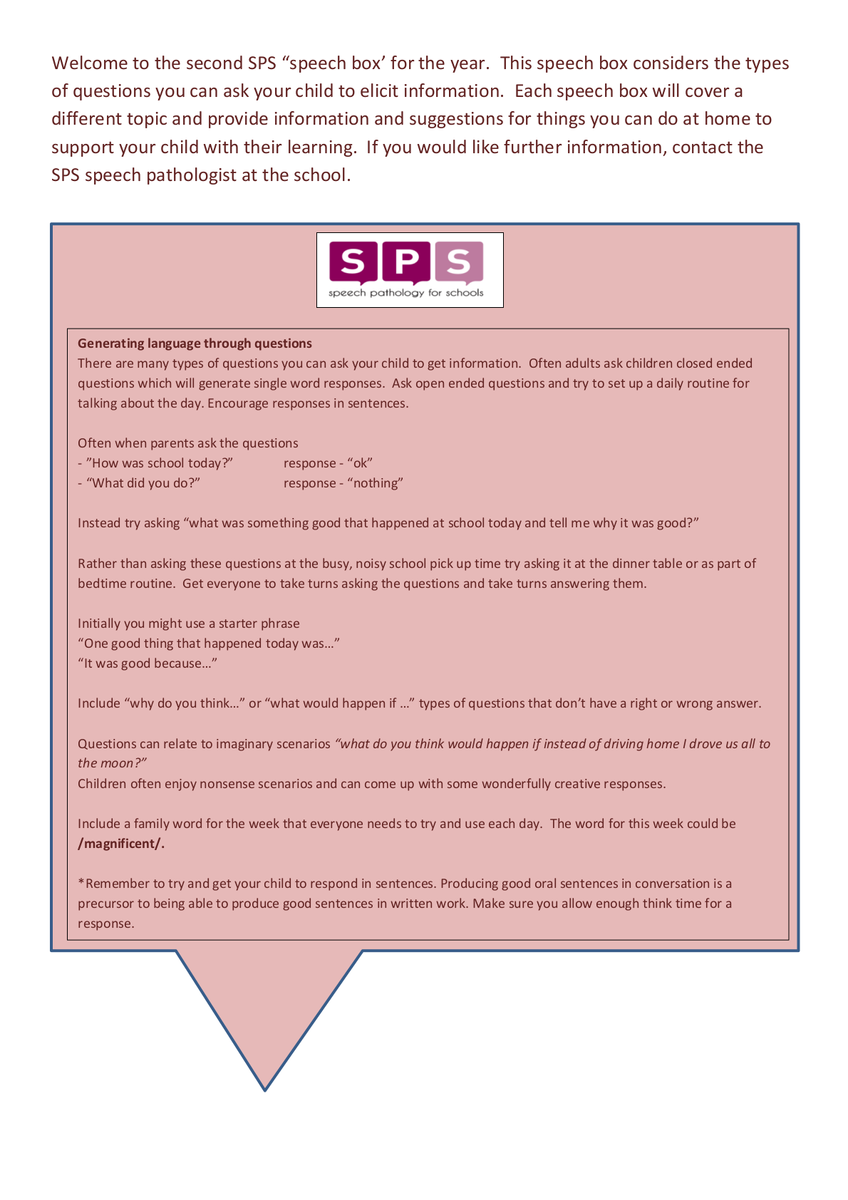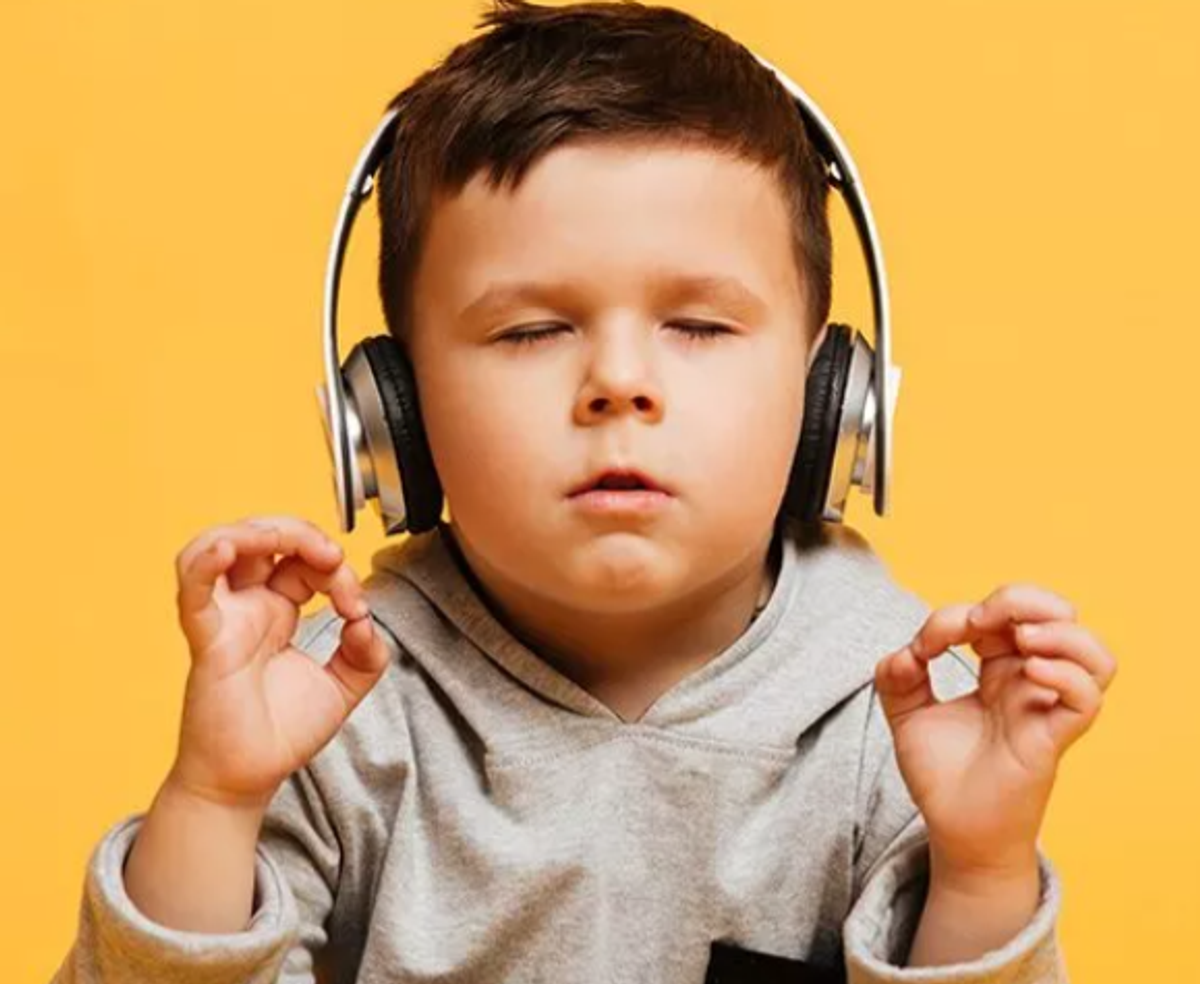Student Wellbeing
Student Wellbeing encompasses the following areas: Student Engagement, Student Connectedness, Classroom Climates, Inclusion and Prevention to Intervention

Student Wellbeing
Student Wellbeing encompasses the following areas: Student Engagement, Student Connectedness, Classroom Climates, Inclusion and Prevention to Intervention




As we are almost half way through this year, we need to stop and breathe and be thankful for all that we have achieved and learnt so far. A great way to stop and be grateful I to mediate. Meditation can help us in many ways. Below is an article of the benefits of meditation in children.
We all want happy, healthy lives for our children. Teaching kids how to meditate can give them a jump start to accessing the many benefits of meditation. Even though today’s kids exhibit elevated levels of restlessness, stress and anxiety, only 1.6% of children in the U.S. meditate. Yet several studies suggest that kids who practise mindfulness tend to develop positive traits such as increased self-control, better attentiveness in class, and more empathy and respect for others. In addition, meditation may help children manage challenging conditions such as stress, depression, ADHD and hyperactivity.
Clearly, introducing kids to mindfulness can benefit them now and in the long run. But children should never be forced to meditate, or they may develop the same aversion towards sitting that they often have towards certain cooked vegetables (!). They should be given the same gentle encouragement that we give ourselves when it comes to meditation practice.
1. Enhanced focus
In just a generation or two, things have changed so much that our attention spans can’t keep up. Between social media and technological gadgets, kids – and adults – are constantly surfing the internet, interacting via social media and playing video games indoors instead of reading a book, taking a walk or playing sports. Children who grow up with their noses in their devices often find it difficult to focus and remain attentive. Meditation teaches them that it’s possible to direct their attention at one thing at a time, and that it actually feels great not to be distracted.
2. Fostering compassion and self-esteem
Due to pressures and circumstances beyond their control (and sometimes beyond anyone’s control), kids may sometimes feel like they’re not able to pass muster. This can be tough sometimes, especially when a child is bullied or badly teased by others. Most of the insecurities people have as adults can be traced back to their childhoods. The good news is that meditation can bolster children’s feelings of security, empathy and inner stability, and this, in turn, builds compassion, joy and self-esteem. Meditation teaches kids – and adults – that right now is enough.
3. Boosting confidence
Mindfulness for children helps kids gain self-awareness and become more confident. The confidence develops naturally when kids learn from their meditation practice that they don’t have to react to all of their thoughts and emotions – they can choose which ones merit their attention and response. Confident kids are better equipped to deal with unfamiliar situations. Thanks to this adaptability, they become better problem solvers and develop a deeper appreciation of life.
4. Building empathy and happiness
Mindworks meditation expert Trungram Gyalwa says that the more you give to those around you, the more you gain. Children’s meditation helps them learn how to share their love with other children. They become more patient and understanding, listen more readily to others and empathize with them. One study cited in Slate Magazine “looked at the effectiveness of the Mindful Schools program on around 400 low-income, mostly minority elementary-school students. It found that after five weeks of regular mindfulness sessions, teachers reported that students became more focused, participatory, and caring.” Clearly, mindful children have the tools they need to be happy children. For more information, check out our post Beginner’s Guide to Meditation.
Information from the website below: